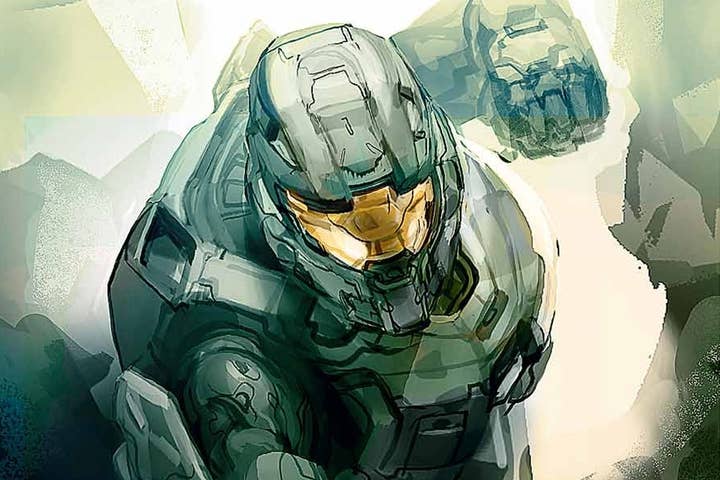Gaming's social liabilities and broken role models
Ashly Burch and Rosalind Wiseman on how games can play into school-age popularity and reinforce negative behavior among boys
There's been a lot of attention paid to the portrayal of women in games of late, but one session in the GDC Advocacy Track today focused on the portrayal of men, and the influence that might have on school-age boys and how they deal with conflict. Ashly Burch (star of the "Hey Ash, Whatcha Playin" video series) and Rosalind Wiseman (bullying expert and author of Queen Bees and Wannabes, the book that begat the film Mean Girls) have been talking about the subject between themselves for over a year, and took that discussion public in their presentation today.
When Burch helped bring Wiseman up to speed in gaming, two things stood out to the author. First was a curiosity about how it's possible that people develop racist, homophobic, or sexist responses to conflict, and then attempt to justify it when people call them out on it. Secondly, she was curious about how a boy's preference for this game or that game could impact his social status.
When Wiseman asked boys around the country what gives them high social status (not necessarily respect), the responses includes being strong, tall, detached, attractive to girls, having money, style, being smart but not stressed, and being good at video games, but not obsessed. As for low social status signifiers, those included backing down, being short, poor, doing things "like a girl," being awkward, fat, easily upset, or trying too hard.
It's human to want to be part of a group, Wiseman said, so our culture is always teaching us about what qualities are valued. It's a mechanism that creates bigotry, Wiseman said, as people within the box of desired qualities are popular, while those outside that box are associated with at one's own peril. So even if someone thinks the treatment an outsider is receiving is unjust, they're less likely to stand up for that person because they fear becoming more of an outsider themselves.
Burch said the pair conducted a survey of over 1,000 kids across the country. When asked what popular kids play, first-person shooters and sports games were high on the list, while MMOs were at the bottom. When they were asked if they'd ever played a game just because the popular kids were playing it, 28% of respondents said yes. There's a correlation between high social status kids and the games they play, Burch said. She added that most of the protagonists in popular games line up well with the traits above that were identified as making people popular in school. But even in games that were signified as unpopular, many of the characters still reflected those same traits.
"In games, in this medium that allows people to be whoever they want, we're still living in this exact same box," Burch said.
Burch suggested that developers consider designing their games around more positive interactions. She pointed to Journey as an example. By limiting the mechanics in that game, the developers essentially took away the ability to grief other players. Given the options of working with people or ignoring them, most players decided to cooperate, Burch said.
Going beyond gameplay, Burch said narratives are also important. Master Chief was the only character in the survey that the boys took the time to explain why they liked. And most of them liked Master Chief because he was "badass." Burch showed a clip of the stoic, gruff protagonist, emphasizing how he encapsulates many of the traits boys aspire to be. But, she suggested, there's no reason he can't be a badass and be self-aware, or emotionally nuanced.
When these characters (and the boys who might model themselves after them) have no range of emotion, the only expression left is essentially anger. And anger, Burch noted, leads to hate, and all of the unpleasant online interactions people associate with online gaming. If games can show boys that there are a range of acceptable responses to conflict, they can inspire boys to be the emotionally nuanced individuals they actually are, and not broken caricatures of the one-dimensional heroes they play in games.
Wiseman asked the developers in the crowd to think about their work and how it impacts the social dynamics of young people on a day-to-day basis.
"You do things that really matter to young people," she stressed.

